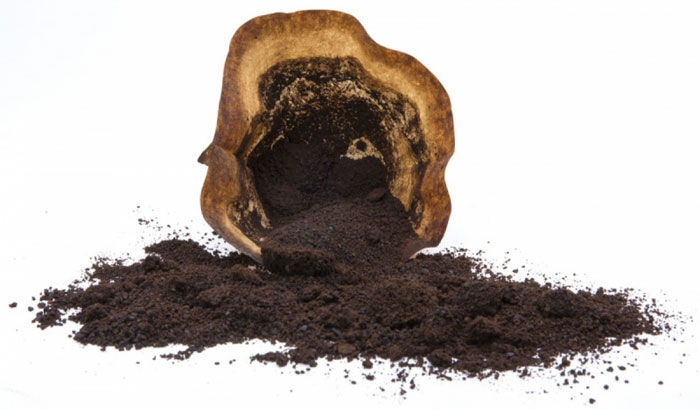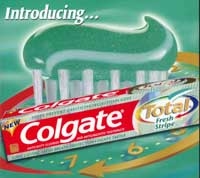A team of researchers from the Department of Engineering, Metallurgy, and Materials at the University of Indonesia has developed a method to convert coffee grounds into materials used in Lithium-ion batteries.

Coffee grounds can be used to create electric vehicle batteries. (Photo: Jakarta Post).
The Indonesian researchers stated that coffee grounds are processed into a form of conductive graphite material (graphene), which is then mixed with titanium dioxide to produce Lithium Titanate (LTO) batteries – a type of Lithium-ion battery known for its stability and high operational safety.
Meanwhile, coconut husk is used to create activated carbon, which is added to the anode of Lithium-ion electric vehicle batteries. These materials make the batteries lighter and allow for faster charging times. Lithium-ion batteries (including LTO batteries) are currently used in many modern products, including electric motorcycles, electric cars, smartphones, laptops, and industrial robots.
Mr. Bambang Priyono, a member of the research team, mentioned that the idea of using coffee grounds to make Lithium-ion batteries arose after the team noticed a significant amount of coffee waste being discarded from unused coffee batches. Upon researching this waste, they found that coffee grounds could be converted into conductive graphite for LTO batteries. According to their study, using coffee grounds is not only economically beneficial but also environmentally friendly, as the heating process for coffee grounds used to create batteries does not require as much heat compared to other conventional materials.
Indonesia is one of the largest coffee-producing countries in the world, with an average annual output of about 600,000 tons and a total coffee-growing area of over 1.3 million hectares. In the context of Indonesia developing its electric vehicle industry and aiming to become the largest battery producer in the world, the research on incorporating coffee grounds into Lithium-ion battery components could become a viable and cost-effective project.















































